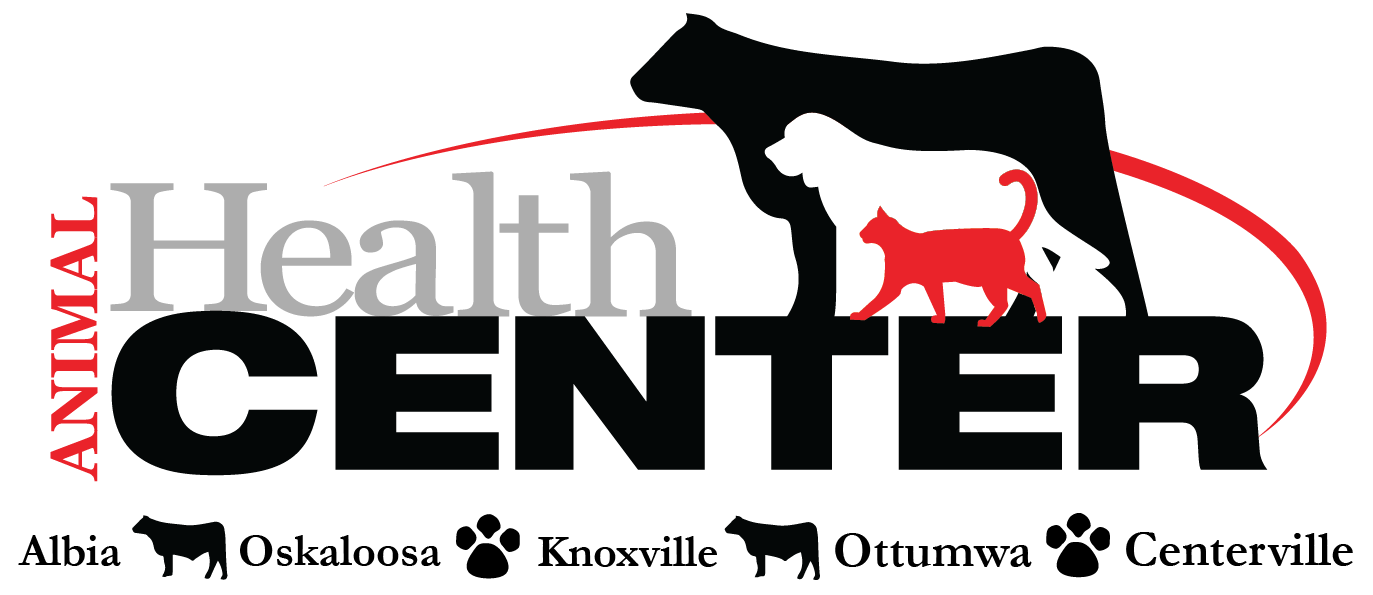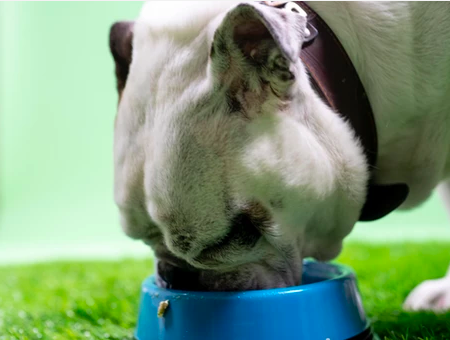While the holiday season consists of enjoying various treats and goodies, the new year has many of us reassessing our diet and health goals. The same goes for your pet’s nutrition. Now is a good time to consider if their food fits their needs.
Here are three important factors to keep in mind when talking to a veterinarian about your pet’s nutrition:
- Age & Growth
As your pets change through each stage of their lives, so will their nutritional needs. A new kitten or puppy, for example, will need to consume food full of vitamins and calories to help them grow strong muscles and develop a healthy lifestyle. In contrast, senior cats and dogs may need food that helps them maintain or lose weight, address inevitable health conditions, and more. Age plays a factor in all stages or your pet’s life, especially when it comes to what they eat.
Underlying Health Conditions & Food Sensitivities
Does your pet suffer from allergies and skin conditions? Do they have a weak stomach? Are they overweight? Your pet’s food can be used as a tool to help treat/address underlying health issues. Your veterinarian is likely to bring up your pet’s diet when working with you to figure out their sensitivities as well as develop a treatment plan. Just as the human body reacts to what it eats, so does your pet’s.
Lifestyle & Activity
If your pet spends much of their time outdoors and is highly involved in physical activity, then you’ll want to make sure the food they eat produces the energy they need to remain active. Being aware of just how much protein they need, as well as certain fats and vitamins, is up to you and your veterinarian to determine.
While you’re planning your diet and fitness goals for the new year, don’t forget to include your pet’s as well! Our team is here to help you make sure your pet lives their best life. If you’re not sure where to start, contact us to meet with our veterinarians to discuss your pet’s current diet and nutritional needs. Schedule your next appointment today!



